Could 5G mobile gaming really replace game consoles? We’re not certain
Not until these three obstacles are overcome
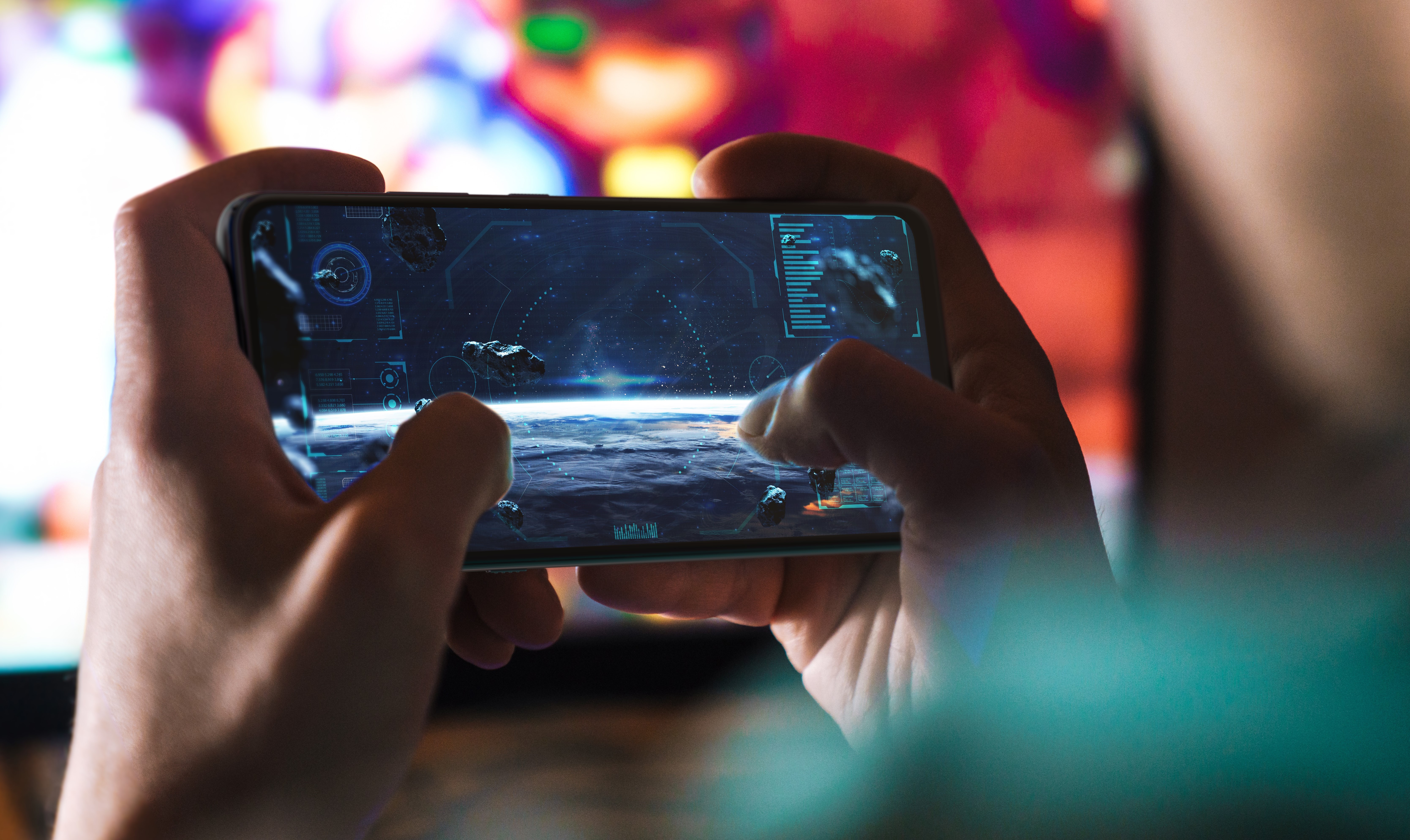
Sign up for breaking news, reviews, opinion, top tech deals, and more.
You are now subscribed
Your newsletter sign-up was successful
Mobile gaming has come a long way in the last few years, with a number of popular PC and console franchises releasing versions that preserve most of the experience in a small screen. And with more money spent on smartphone and tablet games than traditional platforms year over year, mobile gaming is ascendant. But will it outright replace gaming consoles in the long run?
Final Fantasy 16 producer Naoki Yoshida believes that 5G will empower mobile gaming enough to “herald the long-term demise” of game consoles, he said in an interview with Financial Times. He makes a compelling argument that, unlike console gaming – sedentary and reliant on local hardware with long boot times – it will be much more appealing to stream games over blindingly-fast 5G connections on phones you can take anywhere.
Over a long enough period, Yoshida could accurately predict the curve of the industry: analyst group App Annie reported that mobile gaming raked in around $100 billion in revenue last year, outstripping PC and console revenue of just over $88 billion, per GameDaily.biz. Gamers aren’t averse to playing on their phones (and tablets, but mostly phones), so transitioning to streaming games could become more of a norm.
Not that you’d know by today’s game services that let you stream AAA games on mobile: Google Stadia persists but has a limited library, Microsoft’s Xbox Cloud Gaming (formerly xCloud) is still struggling to get on iOS, and Nvidia GeForce Now and Amazon Luna are still quietly expanding their availability and adding games but neither are making waves.
Nevertheless, the streaming services are live and the appeal is real enough – there are just a few huge obstacles that mobile gaming needs to overcome for mobile gaming to supplant consoles as a dominant platform.
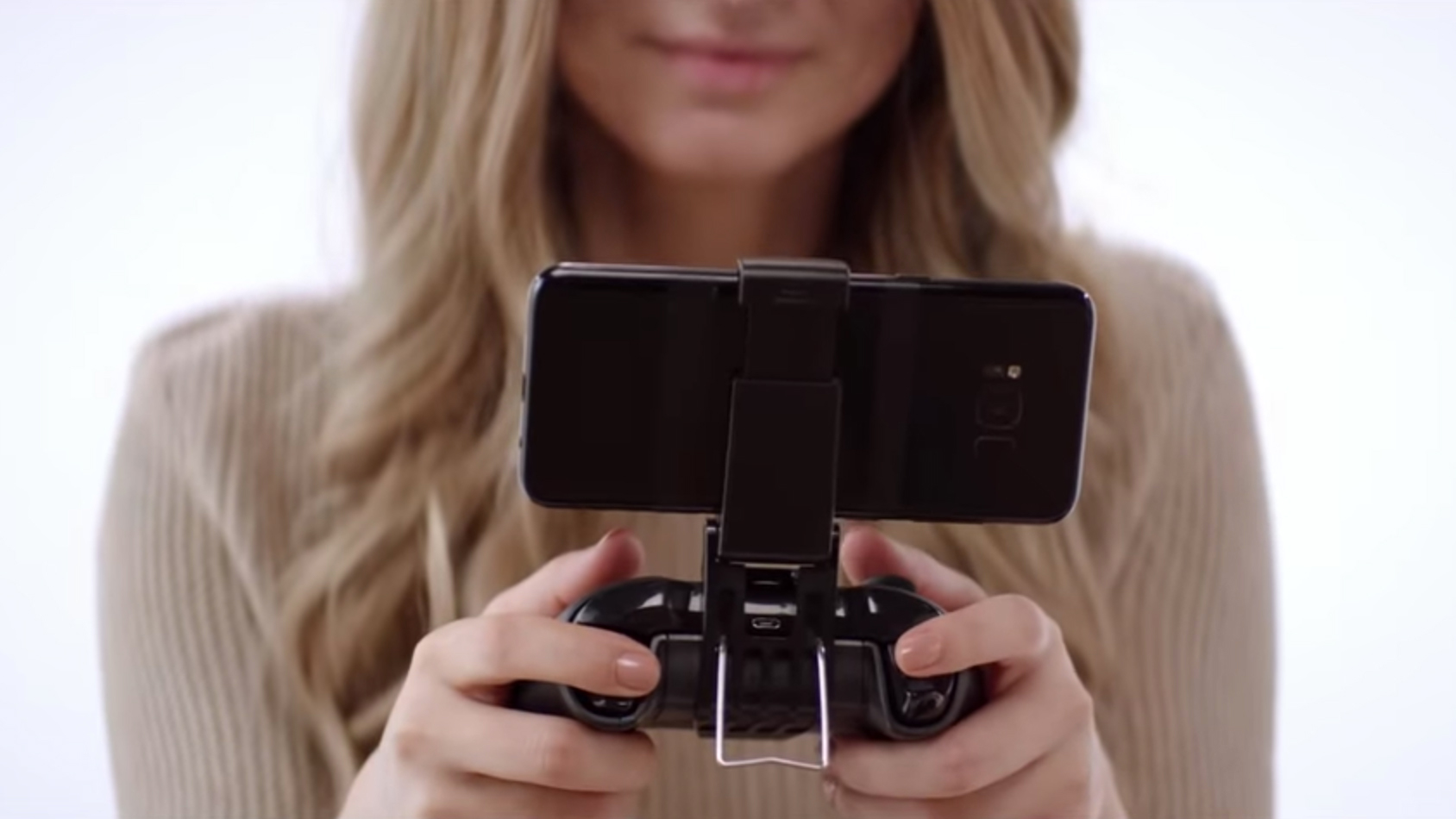
Controllers on mobile: standardize, or adapt around
The biggest thing separating console from mobile gaming is the controller: playing on an Xbox Series X or PS5 gives you far more precision via either system’s controller than playing with touch controls. That’s undeniable.
Both iOS and Android support PS4 and Xbox One controllers, and the recent iOS 14.5 update officially added PS5 and Xbox Series X gamepad connectivity (Android isn’t officially compatible with the latest-gen controllers, but you can still wirelessly link them up with some success).
Sign up for breaking news, reviews, opinion, top tech deals, and more.
Using a gamepad still requires every game to properly map inputs to each controller’s buttons and joysticks (which is uncommon) and forces players to lug around the gamepad on the go (which is annoying and not very portable), as well as a way to clip the phone to the controller (if desired). Using a console controller is a logistical headache – and even Nintendo Switch-style controllers built to clip to smartphones, like the Razer Kishi for Android or Backbone for iOS, aren’t much better, as they’re not physically compatible with all phones and only work with some games.
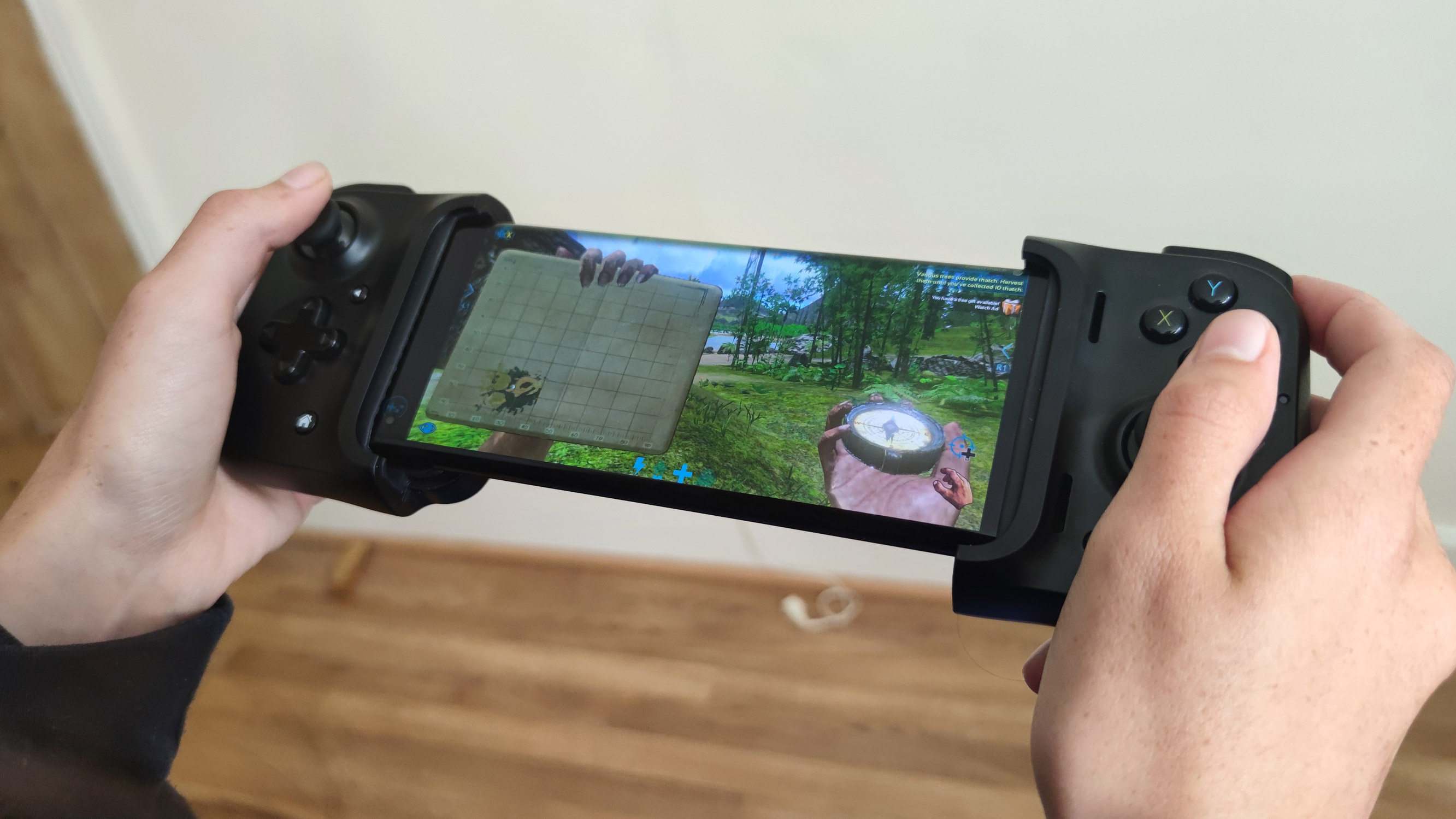
It’s possible that Apple and Google work closer with peripheral makers to develop real plug-n’-play functionality with a future gamepad, but the more likely solution is that mobile gaming just...abandons physical controllers and wholly invests in touch controls.
That’s essentially what the biggest studios are doing with their mobile games: Riot Games’ Wild Rift team is building in compatibility with controllers, sure, but it’s focusing its tight ability controls and hero balance around players using touch inputs. It’s just too difficult to build play around lots of different hardware and controller setups.
Wild Rift is, of course, a mobile version of a desktop PC game that’s been laboriously tweaked to play on smartphone displays with touch controls. For mobile to supplant console gaming, as Yoshida predicts, studios need to prioritize mobile versions of their big games.
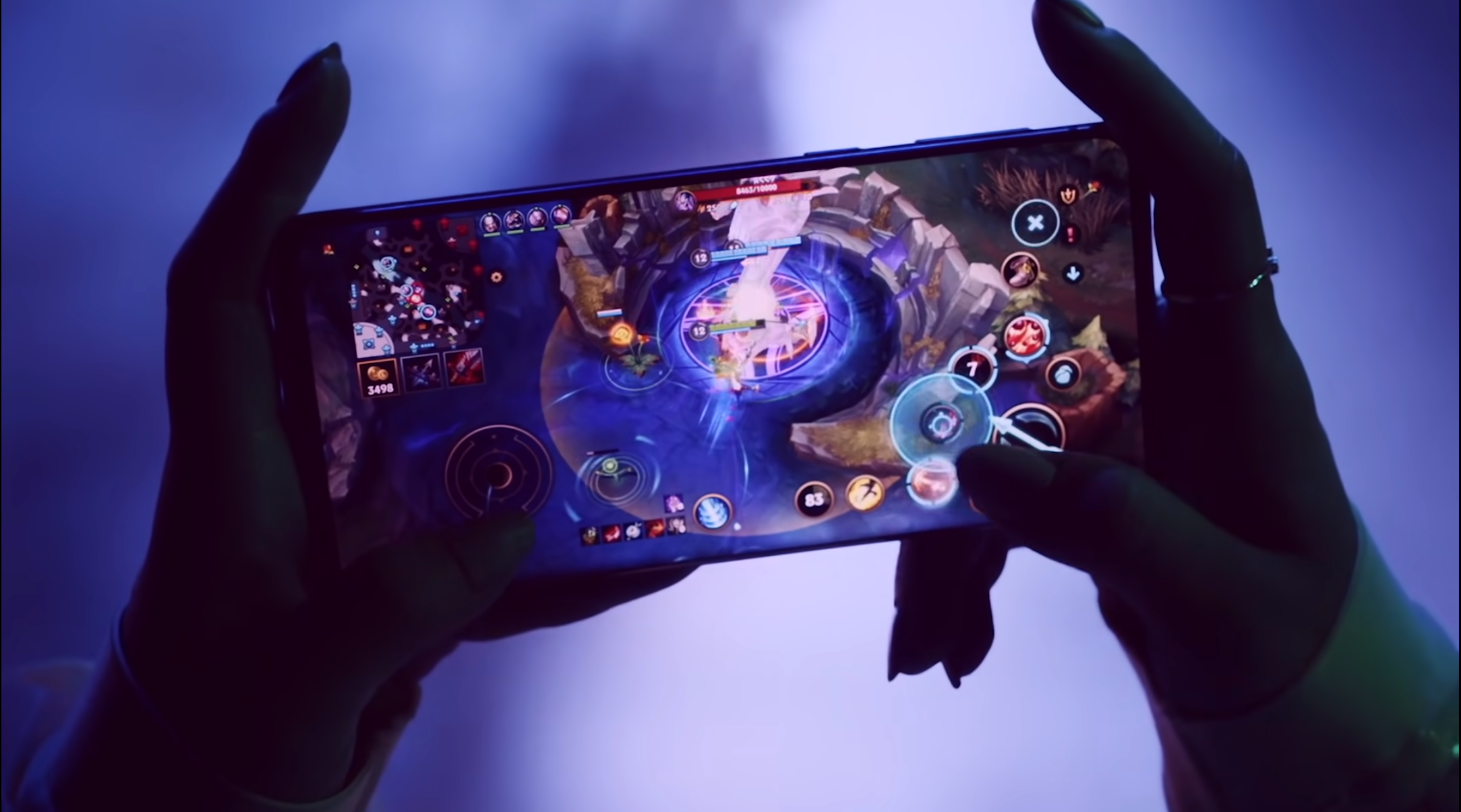
Big studios and publishers need to release more big games adapted to mobile
To be clear, mobile gaming already rakes in a ton of money from a mix of casual games and mobile-built versions of existing games – PUBG Mobile, for instance, ranks near the top-earning games worldwide, and is regularly topped by the smartphone mobile battle arena (MOBA) Honor of Kings (known elsewhere as Arena of Valor), according to analyst group Sensor Tower:
#HonorofKings from @TencentGlobal was the top grossing mobile game worldwide for April 2021 with $258.8M in player spending, a 38.4% increase from April 2020. @PUBGMOBILE, #GenshinImpact, and @CandyCrushSaga also made the top 10: https://t.co/ydI21vJ0py #mobilegames #mobilegaming pic.twitter.com/3yXl5lVUJtMay 10, 2021
But to truly supplant consoles, as Yoshida expects, mobile gaming will have to feature a lot more of the gaming experiences players expect from consoles. Some of this can be streamed in over 5G networks on the aforementioned game streaming services, of course, but that still runs into the problem of using a controller with phones.
Versions of PUBG and Call of Duty with mobile controls have been successful for years, and 2021 has seen several other adaptations of big console and PC franchises hit phones in beta or full release, including Wild Rift, MTG Arena, Diablo Immortal, and Divinity: Original Sin 2. There’s even mobile versions of shooters Apex Legends and Valorant on the way.
Those are not to be dismissed, but players naturally want more games from AAA studios. Sony has already confirmed it will start releasing versions of its popular games on mobile by the end of 2021, while Square Enix has a pair of Final Fantasy VII-themed mobile games coming out: a battle royale in 2021 and a ‘greatest hits’ version of the classic game, called Final Fantasy VII Ever Crisis, planned for 2022.
The second mobile game we're presenting today is @FinalFantasy VII Ever Crisis.It's a chapter-structured single player game covering the whole of the FFVII timeline - including the events of the original game and the FFVII compilation titles. pic.twitter.com/jFJVslYks0February 25, 2021
It’s unclear how those mobile games will compare to console games they’re based on – and how much that’ll matter to players. If it gets close enough, will the novelty of playing on smartphones be enough to convince players to spend time there instead of playing on consoles?
Put another way, one of the biggest unknowns is how robust mobile games need to be – in terms of graphics, writing, and playtime – for players to enjoy enough that they will, eventually, choose them over console games. Mobile games already bring in more revenue than console and PC games, but there’s a tipping point when players could prefer to spend their time with the former given the choice. It’s unclear what combination of novel features will usher in the era of mobile games as a dominant platform.
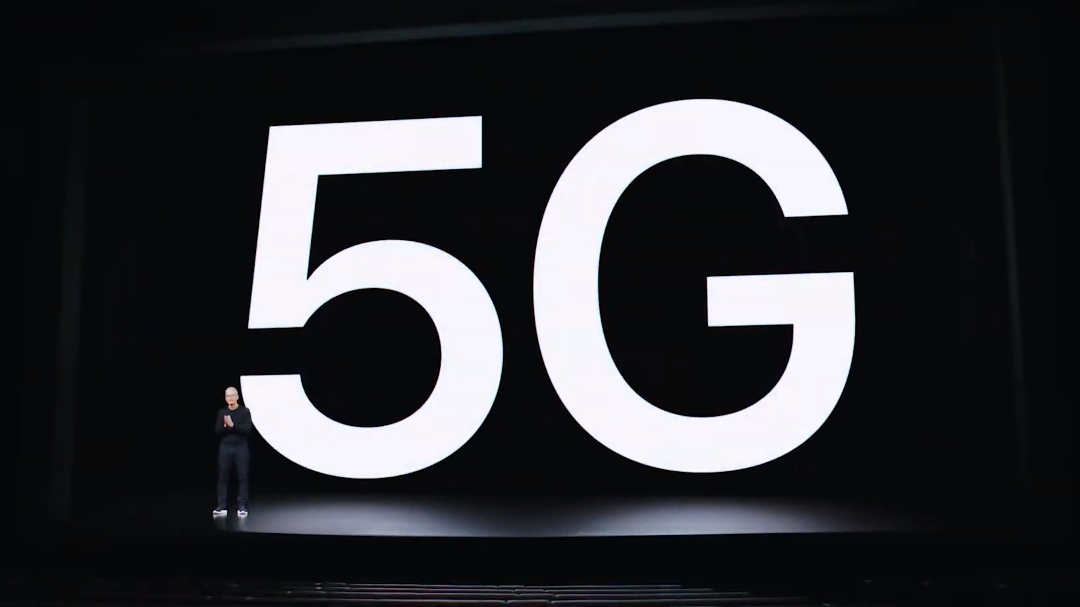
5G needs to work for streaming to dominate
5G has already delivered incredible speeds...but not incredible coverage. Carriers have expanded the reach of their networks, but they’re far from robust enough to have a noticeable impact on game streaming where players are. It’s not just the areas that need more coverage, but the reliably high and consistent speeds that networks need to deliver for streaming games to be adopted by mobile gamers.
This is perhaps a chicken-and-egg requirement – players may not see the value of streaming games, and thus playing AAA-quality games on their phones, until 5G speeds are achievable and consistent in their area. Why sign up for a game streaming service if you can’t have seamless gameplay?
Most flagship phones in 2021 launch with 5G connectivity, and now tablets – including the new iPad Pro 2021 – are starting to include the capability to link to 5G networks, too. 5G ubiquity will encourage players to at least try out streaming services.
Does mobile gaming need streaming to supplant consoles? Perhaps not – but the dream of playing console-level games on comparatively low-specced phones and tablets could supercharge the transition to mobile-dominant gaming. And perhaps it isn’t replicating console games exactly but delivering just enough of a similar experience on the go to tip the balance in mobile’s favor.
At the end of the day, Yoshida’s prediction carries some weight – we all have phones in our pockets, and the advances in graphics and multiplayer capabilities makes it sensible to expect the novelty of mobile gaming to eventually supplant playing on consoles. But until these hurdles are overcome, our high-performance local hardware and precision controller gameplay will still have an edge on touch controls and small screens.
- Stay on top of tech news with the TechRadar newsletter

David is now a mobile reporter at Cnet. Formerly Mobile Editor, US for TechRadar, he covered phones, tablets, and wearables. He still thinks the iPhone 4 is the best-looking smartphone ever made. He's most interested in technology, gaming and culture – and where they overlap and change our lives. His current beat explores how our on-the-go existence is affected by new gadgets, carrier coverage expansions, and corporate strategy shifts.